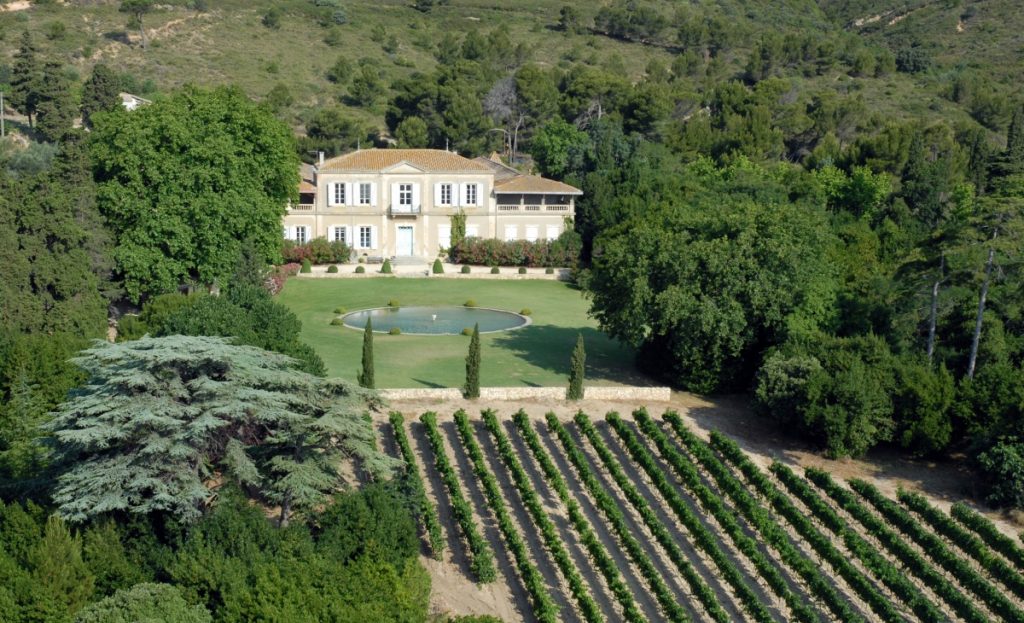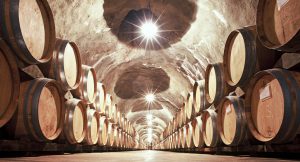Wine properties – Profitability and taxation

Profitability of a wine estate .
This recurring subject is regularly addressed by any investor wishing to take over a wine property.
VINEA TRANSACTION and EXCO have decided to combine their knowledge and experience in the wine sector and offer you a summary note on the profitability and taxation of a wine estate.
VINEA TRANSACTION
- Specialist in wine real estate since 1991
- 9 locations in France
- 34 collaborators
- 40 dedicated service companies
- More than 500 wineries sold or 15,000 ha negotiated
PROFITABILITY
The profitability of a wine property is always difficult to assess.
The evidence is there: a farmhouse, a country house or a castle is a place of life and not a place of profit. In fact, profitability (result / amount of investment) must be defined without integrating the “place of life” investment.
After 27 years of experience in the transaction, Vinea Transaction notes that profitability remains low compared to other sectors of activity. On the other hand, the weakness of the bottom balance sheet results (profit) is regularly and largely offset by the capital gains on the balance sheet at the time of the sale. The only drop in value noted by members of the Vinea Transaction network concerns natural sweet wines, mainly produced in the south of France and for certain sweet wines.
The profitability (*) on investment is on average 1.5% for estates with large country house or castle and can reach 10% for the more “working tool” oriented properties.
(*) In normal operating condition
Capital gain: Profits, in terms of capital gains on the disposal of assets, appear regularly when there is a sale. Some appellations have seen their value / ha multiplied by 10. over the past 20 years.
A tip: To discount capital gain, it is necessary to integrate your acquisition project in cycles of 10 / 15 years and not think in a short industrial cycle.
TAXATION
Taxation is advantageous considering that the tax burden in France is not the least on capital.
The legal structure must be precise and relevant and the intervention of legal and tax specialists is essential in any wine investment.
-
IFI (real estate wealth tax)
It is useful to remember that shares in wine property companies can be considered as a professional tool if the conditions of article 885 O of the CGI for the exemption from IFI are met. </ p>
Certain arrangements may allow a total or partial exemption. This is the case, for example, when the property is operated through a Long Term Rural Lease granted for the benefit of a family group or for the benefit of a company controlled more than 50% by the members of its family group. (the lessee must use it for his main activity).
If the conditions are not met, a partial exemption exists (75% up to a value of goods of € 101,897 and 50% beyond this value).
-
Donation
The donation regime is also favorable.
It remains subject to the common law regime (gift or inheritance tax) if the land is operated by the owner.
If the land is operated through a long-term rural lease, the partial exemption from rights when the land is transferred is significant (the beneficiary must remain the owner for 5 years): exemption from 75% up to € 101,897 and 50% exemption beyond that.
In addition, these reductions can in this case be combined with the reductions linked to the establishment of a DUTREIL pact on the value of the holding (brand, equipment, stock), reduction of 75% on the value of the goods transmitted.
-
Assignment for valuable consideration
The sale of assets carried out by an agricultural structure (sole proprietorship or company) can benefit from a partial or total exemption of the capital gains noted: exemption provided for small businesses (art 151 septiès du CGI), allowances for the holding period of buildings used for operation (arti 151 septiès B of the CGI) or the exemption provided for in the case of the sale of agricultural land according to its value (art 238 quindeciès). </ P >
In addition, the transfer of shares in agricultural companies (civil companies), as well as the transfer of agricultural funds benefit in the majority of cases from advantageous registration fees: fixed duty of 125 € applicable by deed of assignment.
-
The advantages of agricultural profits
A whole set of “advantages” exist in terms of agricultural profits.
These accounting and tax mechanisms concern all kinds of DPI / DPA, the three-year average, the preferential methods of valuation of stocks, the exemption of capital gains for small businesses, the averaging of income exceptional (article 75-0 A), the allocation of deficits to other household income or to income of the same type if these are greater than € 107,826, specific tax credits, the young farmer allowance …
CONCLUSION
A large number of industrialists or business leaders who find themselves too young to take a deserved retirement, invest in the vineyard by optimizing a triple tax issue: IFI, donation and limitation the capital gain linked to the sale of their original activity.
These elements and the conditions of application are to be validated on a case-by-case basis with the express intervention of a lawyer or tax specialist specializing in rural law and taxation.
& nbsp;
& nbsp;



